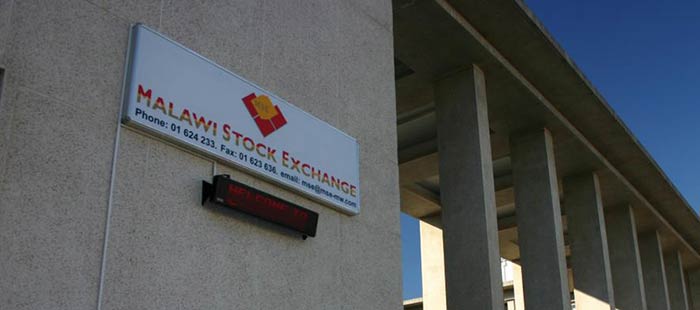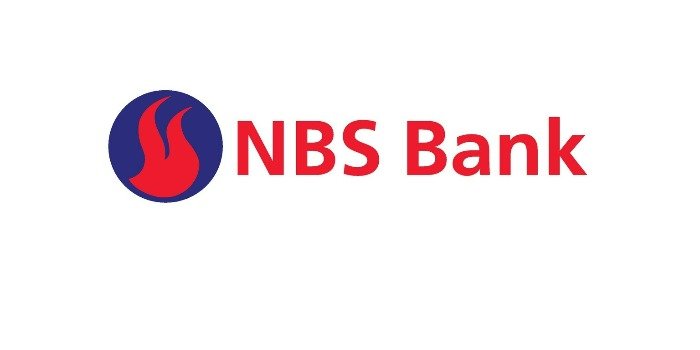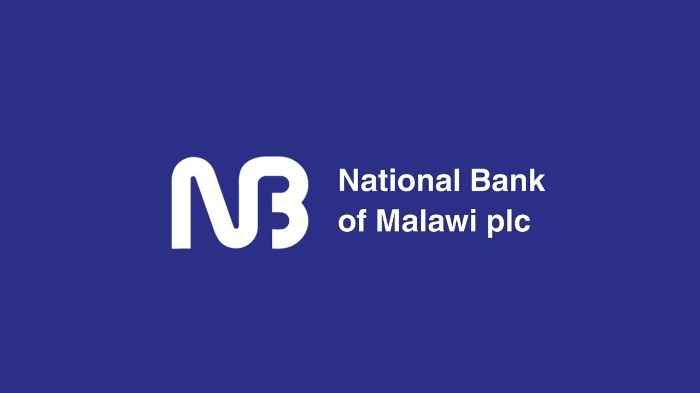The recent fall in share prices for most listed companies on the Malawi Stock Exchange (MSE) has attracted mixed views from market analysts, with some linking the trend to the poor performance of the economy.
The Times Business has observed that since the month of October, more than half of the listed companies have been losing value gradually.
For example, a market weekly summary for the week ended November 24, 2023 shows that Airtel shares closed at K90 per share, FDH Bank closed at K67.95 per share while FMB Capital Holdings closed at K300 per share.
This is lower compared to results of the week ending September 29 2023 where Airtel shares closed at K100.45, FDH Bank closed at K72.21 while FMB Capital Holdings recorded a closing price of K415.03.
The trend means that investors are losing marginal value on their investment through the fall of share prices.
It has also culminated in a drop in market capitalisation, relegating Airtel out of the K1 trillion capitalisation band.
In the previous week alone, seven counters including; Airtel Malawi, FDH Bank, Icon Properties, Illovo Sugar Malawi, NBS Bank, Nico Holdings, and TNM registered a drop in share prices.
This resulted in a reduction of the Malawi All Share Index week on week to 113,206.94 points from 113,517.44 points.
Financial Market Dealers Association (FIMDA) General Secretary James Mbingwa said the recent share price drops may be viewed as a correction of the market.
“There was a significant rise in share prices since last year, mainly driven by rising demand as investors sought ways to hedge their portfolios against rising inflation and currency depreciation.
“Most of the listed counters have gone up beyond their fundamental values which led to the rise in share prices. Considering the inverse relationship between stock prices and interest rates, we can also equally attribute part of the drop in share demand to the increase in interest rates as investors may have opted to channel capital into interest bearing instruments to take advantage of the increase in rates,” Mbwinga said.
Market analyst Cosmas Chigwe said this may signal an ailing economy affected by fuel shortages, inflated food prices, and shortage of foreign exchange, which likely contributes to a decrease in investor confidence and a re-evaluation of the risks.
“MSE may depend on the success of economic reforms, the implementation of austerity measures, and the resolution of macroeconomic imbalances. If these efforts lead to improved economic stability, investor confidence may gradually return,” Chigwe said.
Another analyst Bond Mtembezeka said it is a fairly common occurrence for the stock market to decline when it has enjoyed a bull run.
He said MSE has exhibited a downward bias during periods of farming operations because investors can pull out their capital for farm operations.
“Firstly, it will affect the performance of entities especially those that have significant exposure to foreign exchange and will affect investment decisions of investors as what a devaluation essentially does is to decrease economic agents’ purchasing power through price increases,” Mtembezeka said.
In a separate interview, Founder and Chief Executive Director of Sycamore Consult Limited Audrey Mwala said share investments are long term and eventually investors gain in the long run.
“The way one should look at shares is to understand that buying shares means buying a portion of a particular company. Sometimes prices go up and not exactly in line with the fundamentals of the company but due to demand and supply factors. When the demand goes down the price escalation equally stops.
“On the technical front, the value of a share is established but looking at the value of the earnings (profits) relative to the value of a share of another company of a similar nature. They measure its price compared to the earnings it failed the PE ratio,” Mwala said.
The Malawi Stock Exchange has 16 counters spanning across different industries with banking in majority.


































